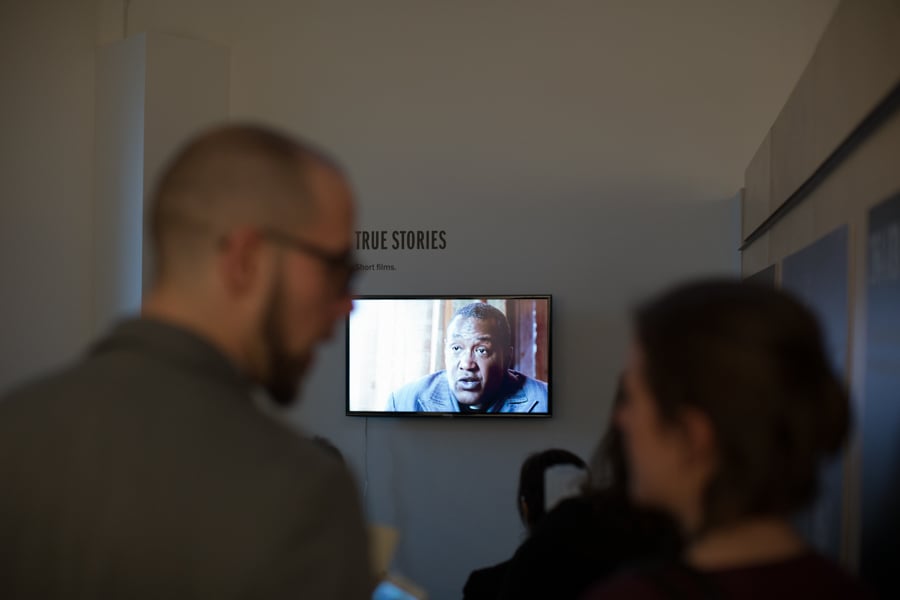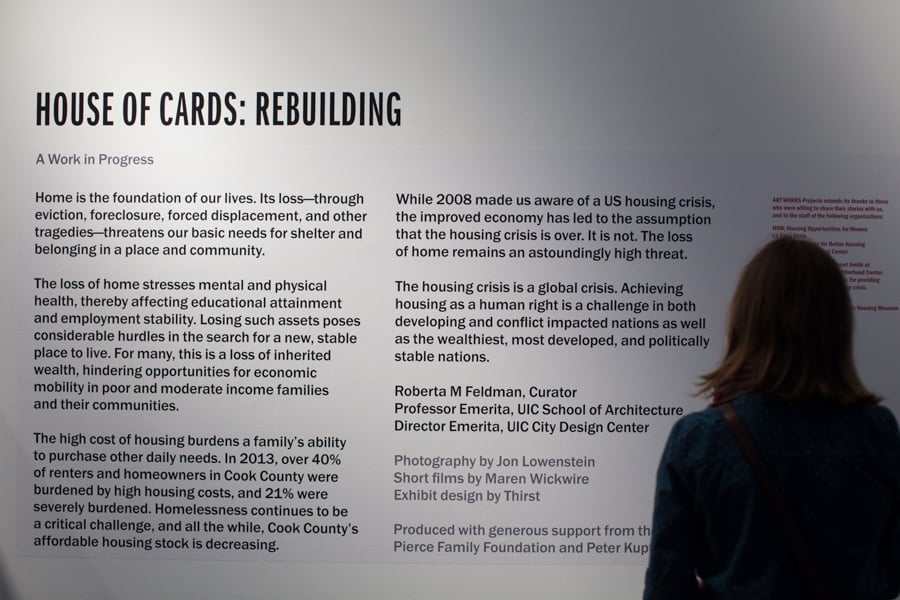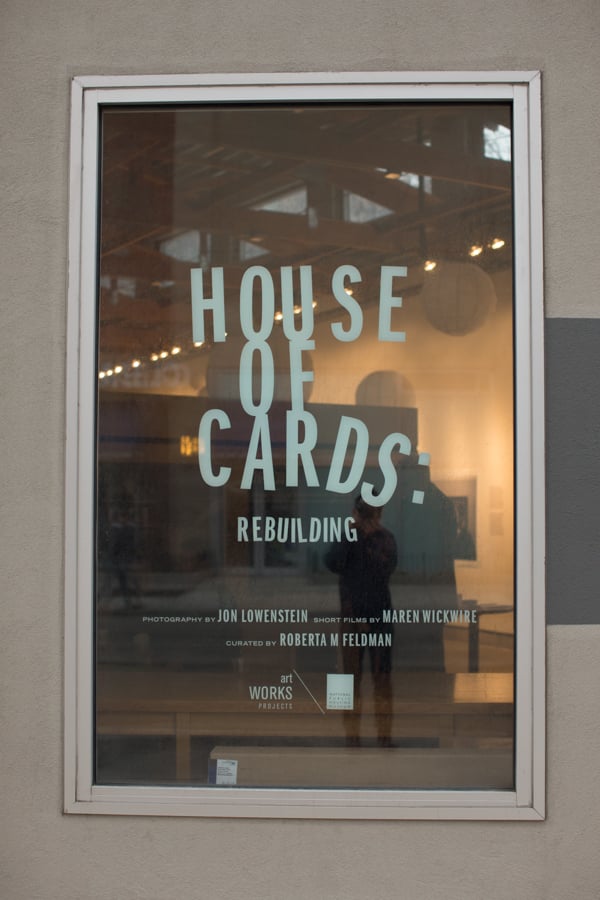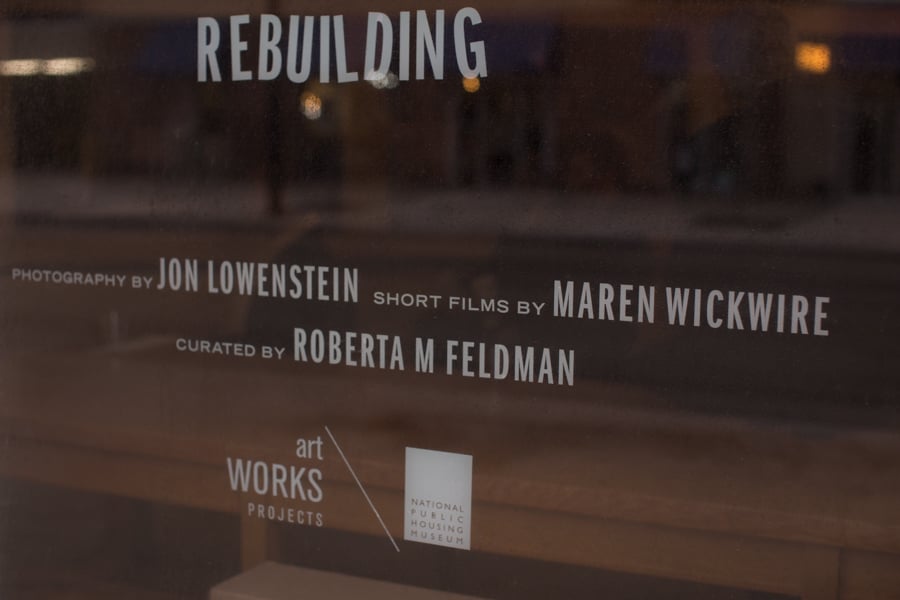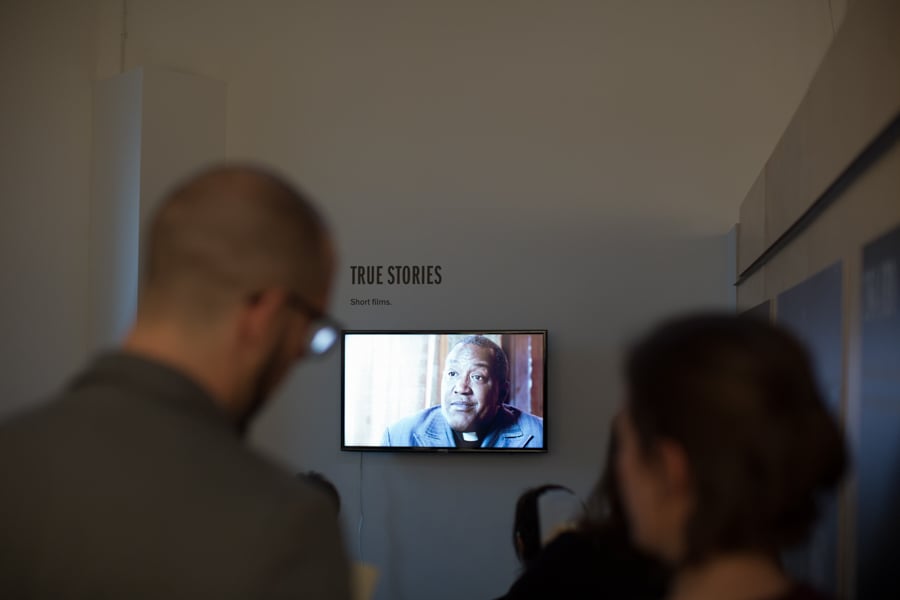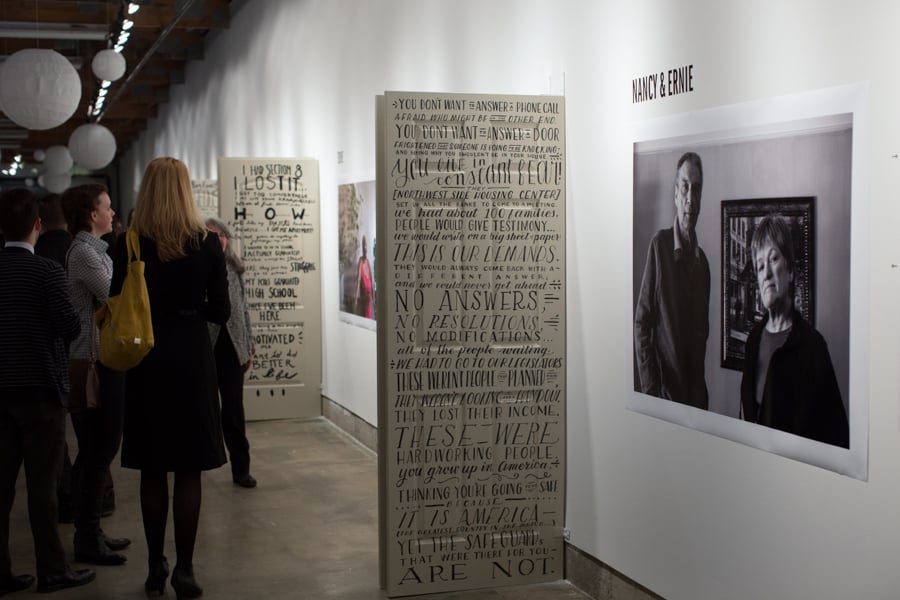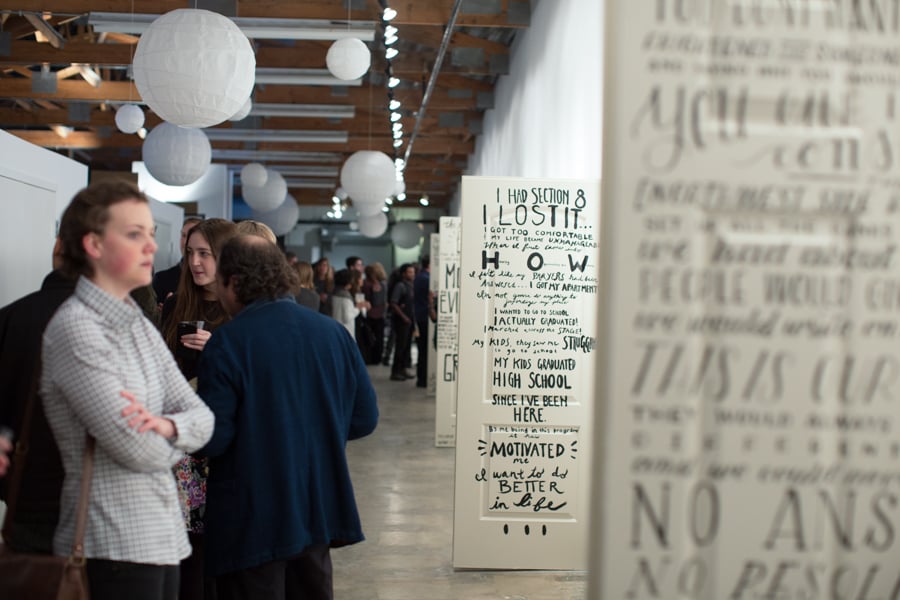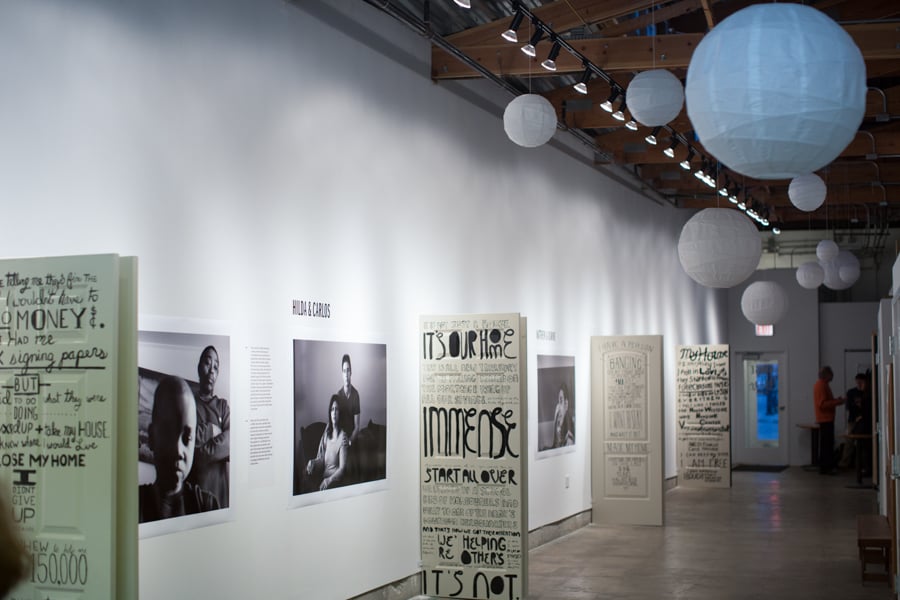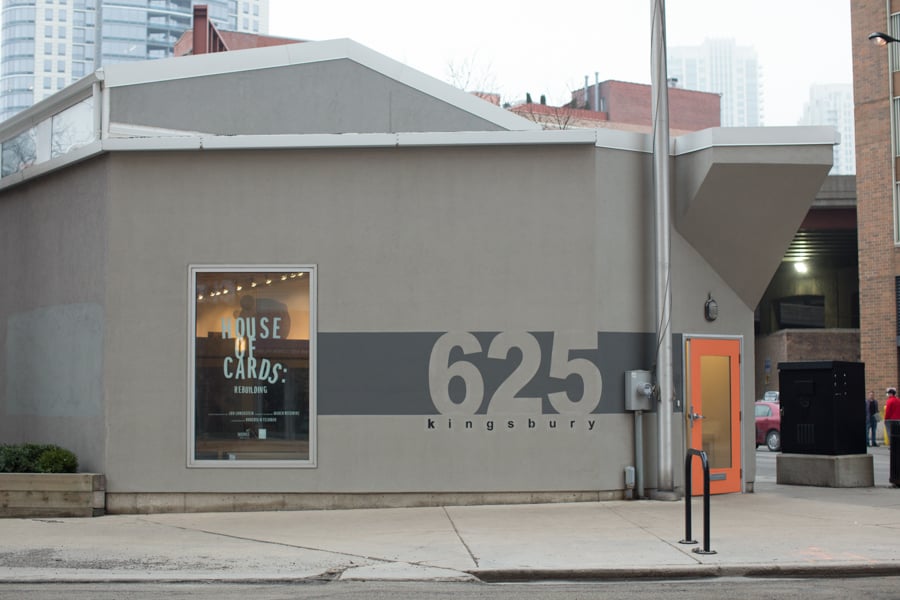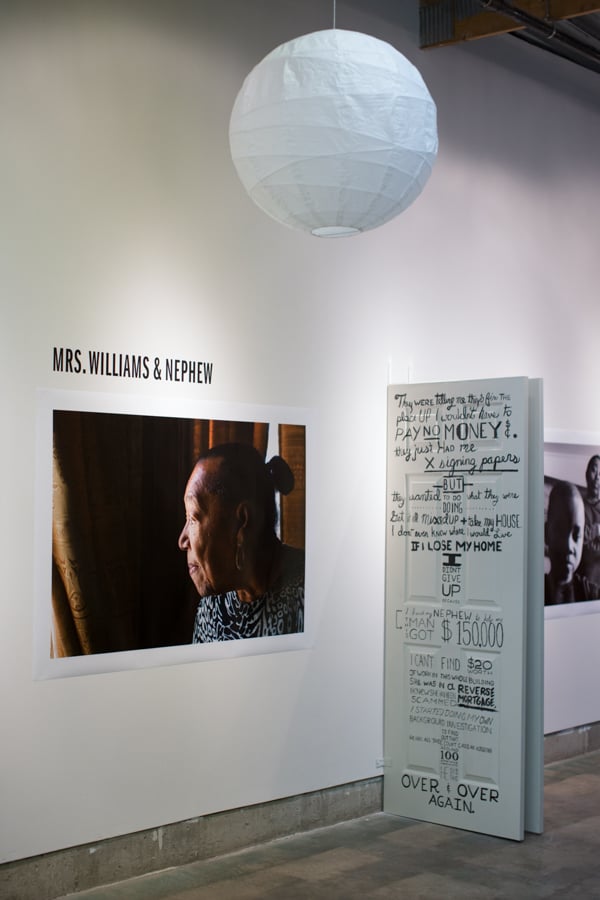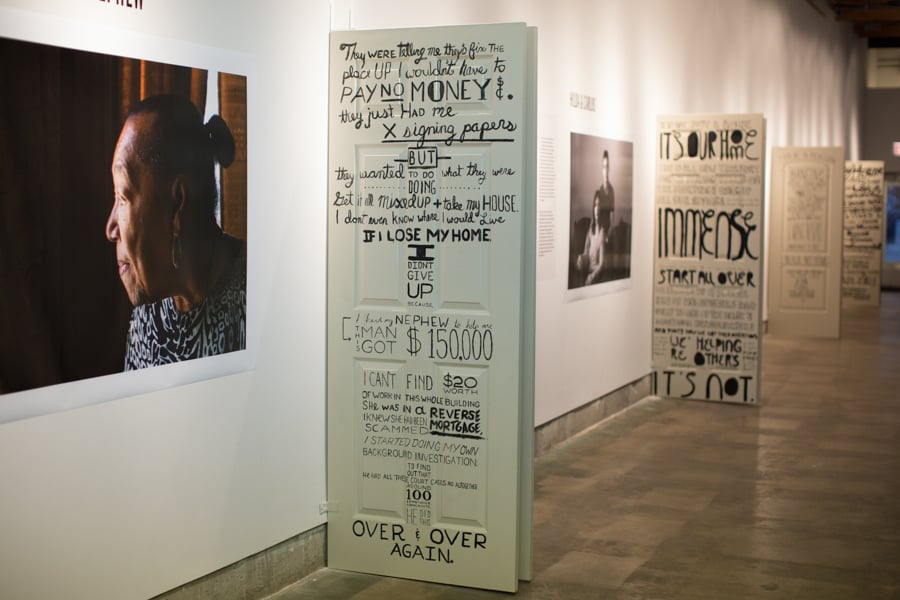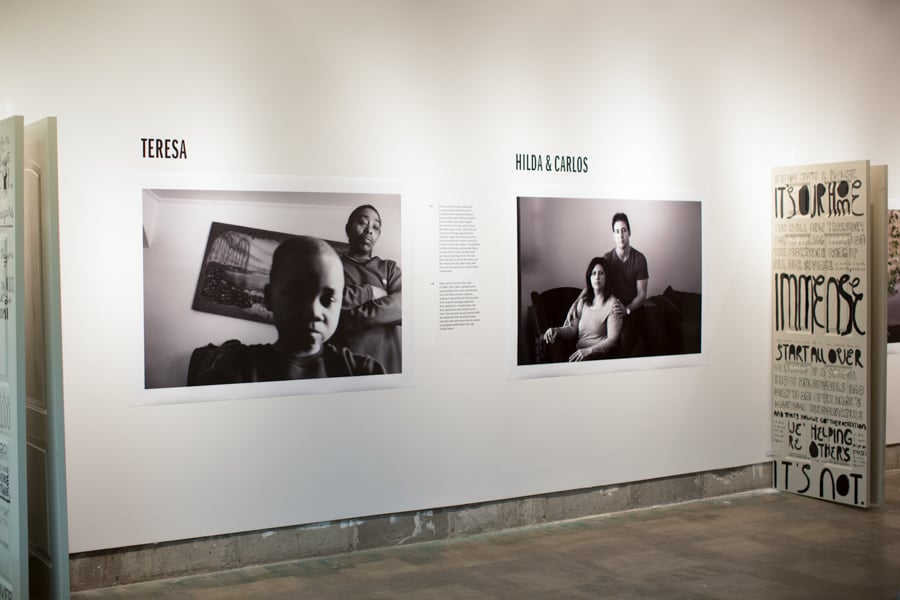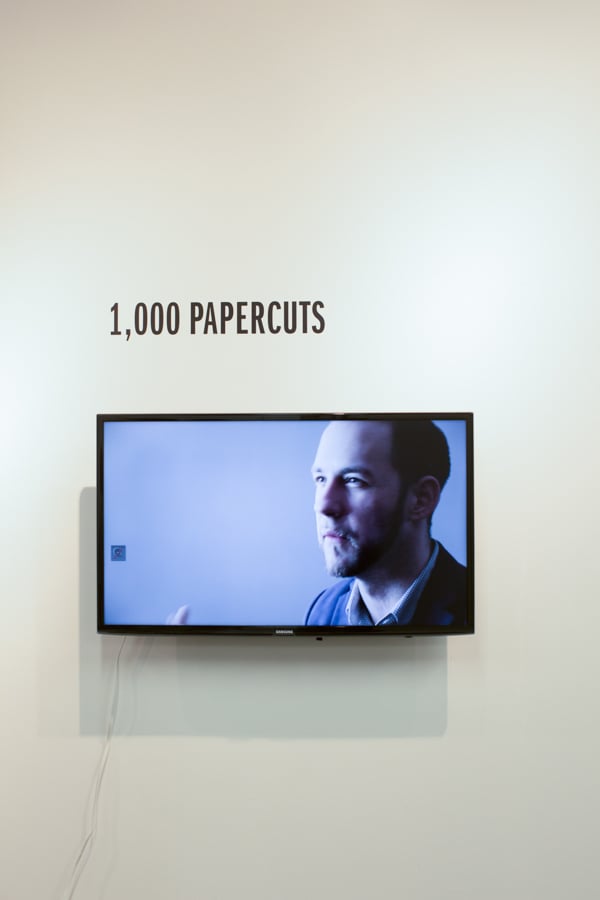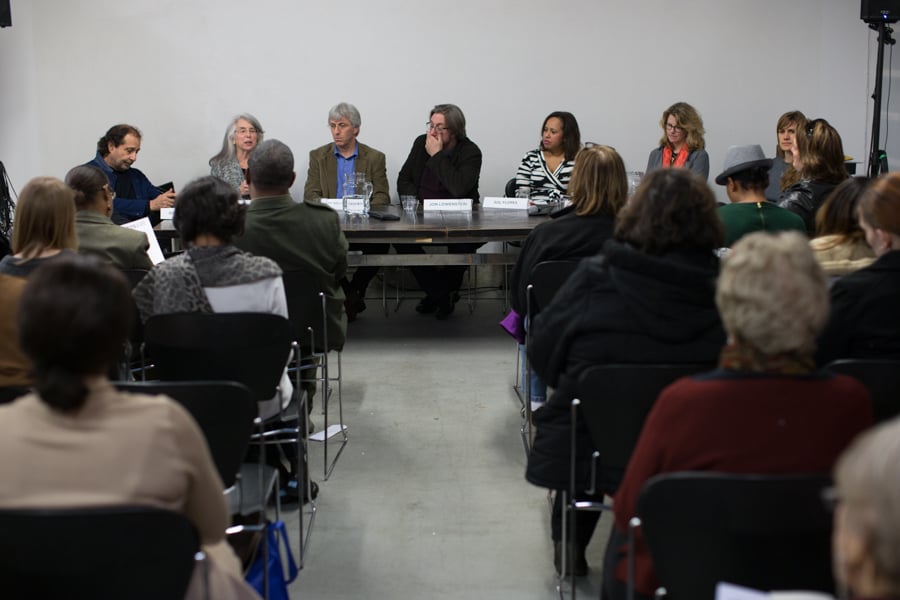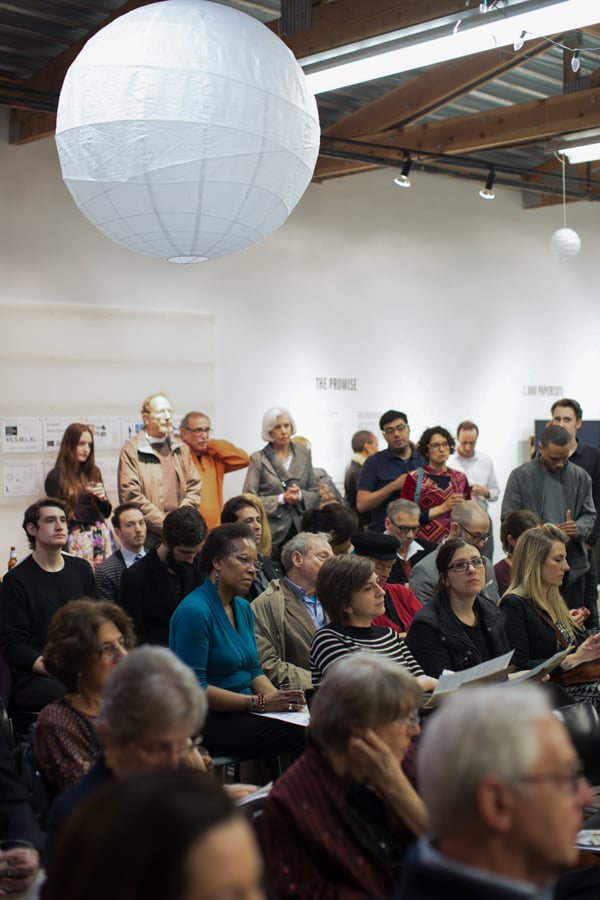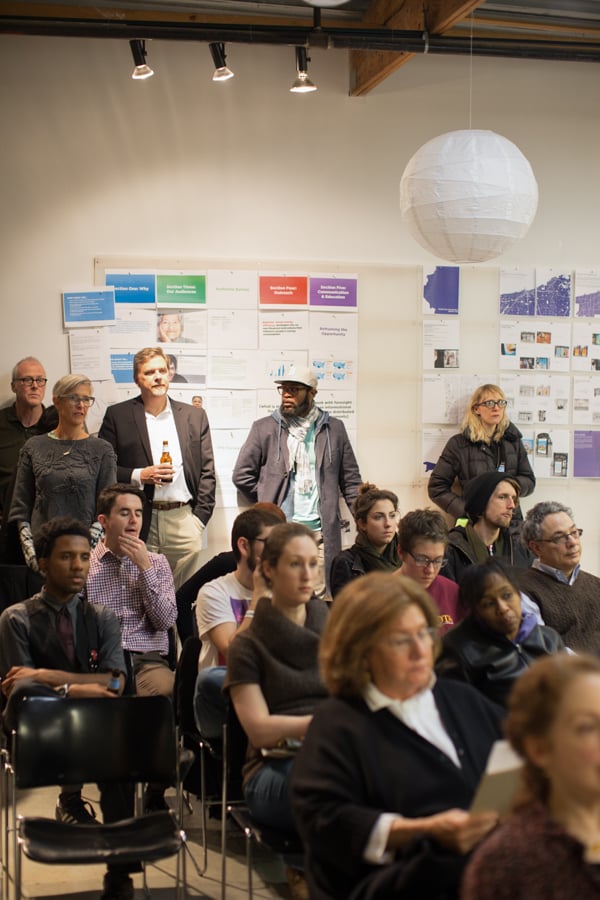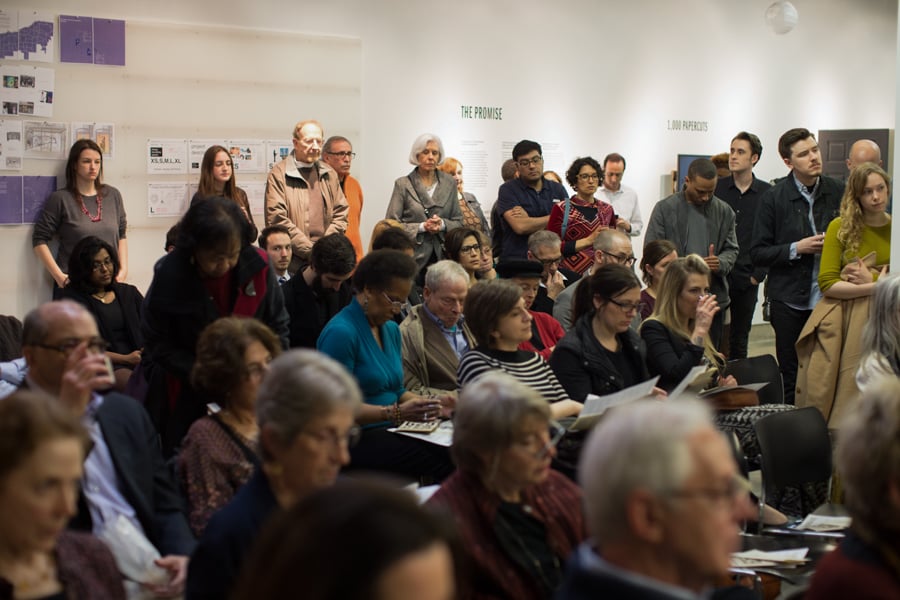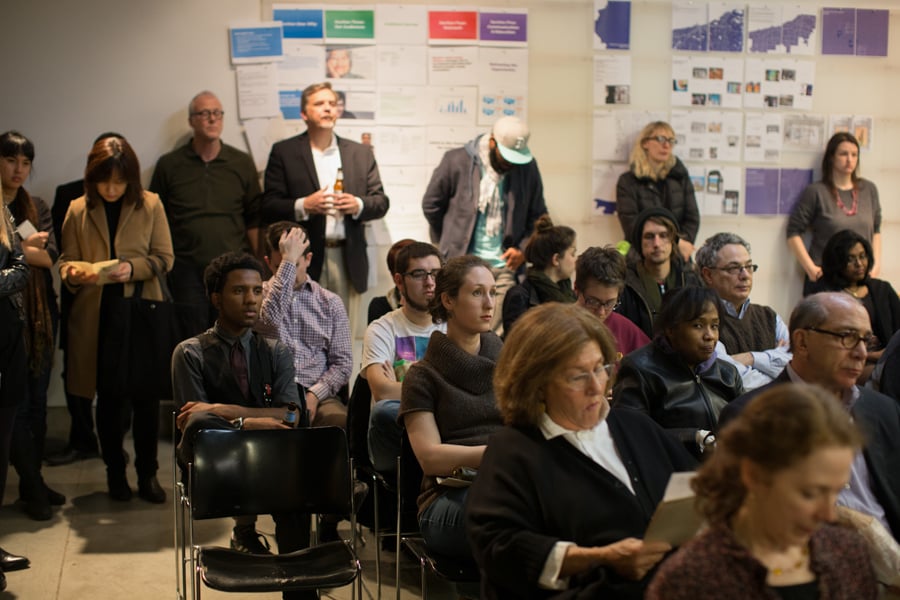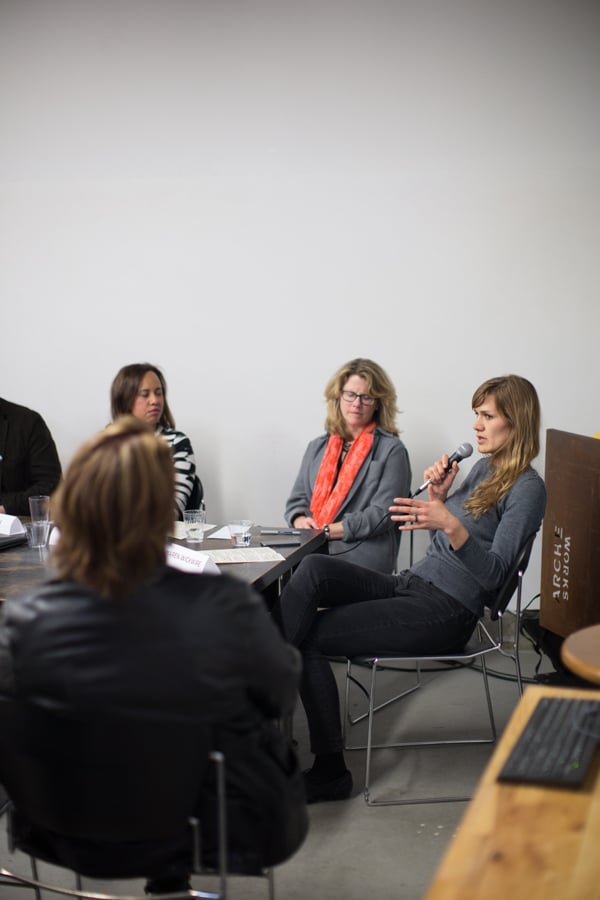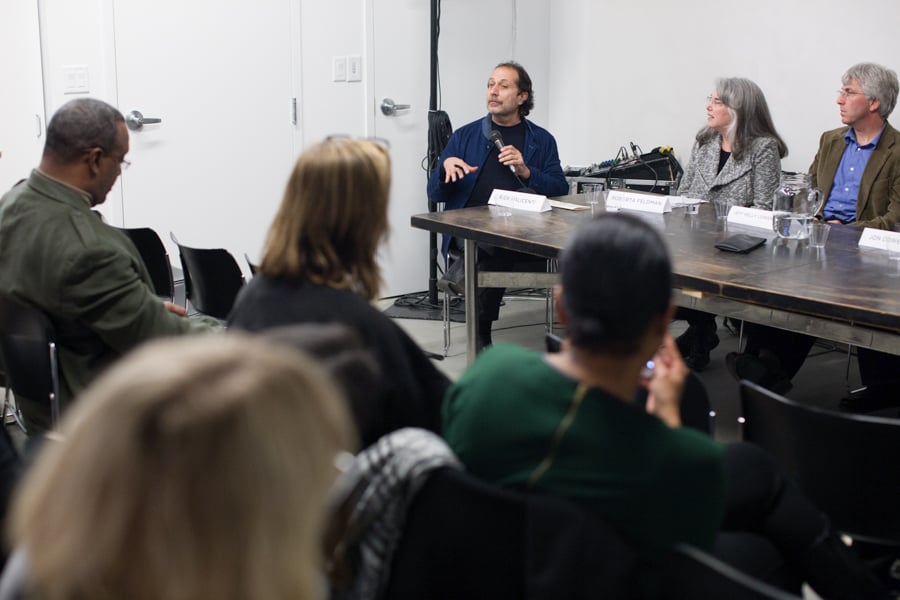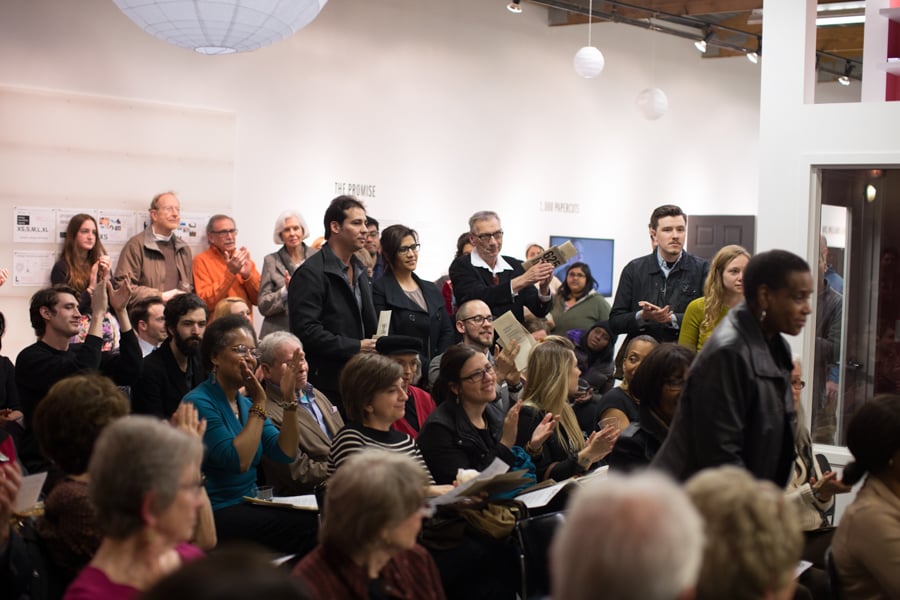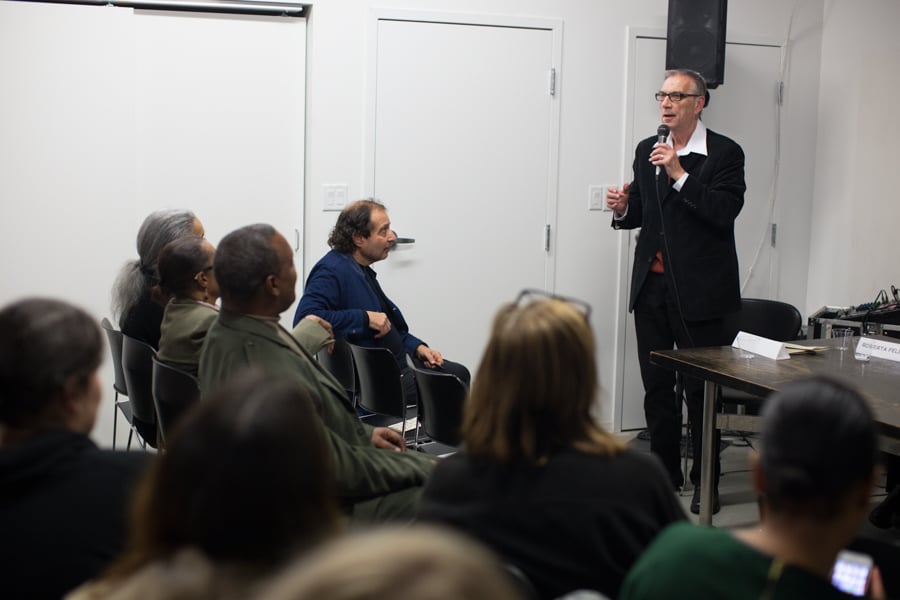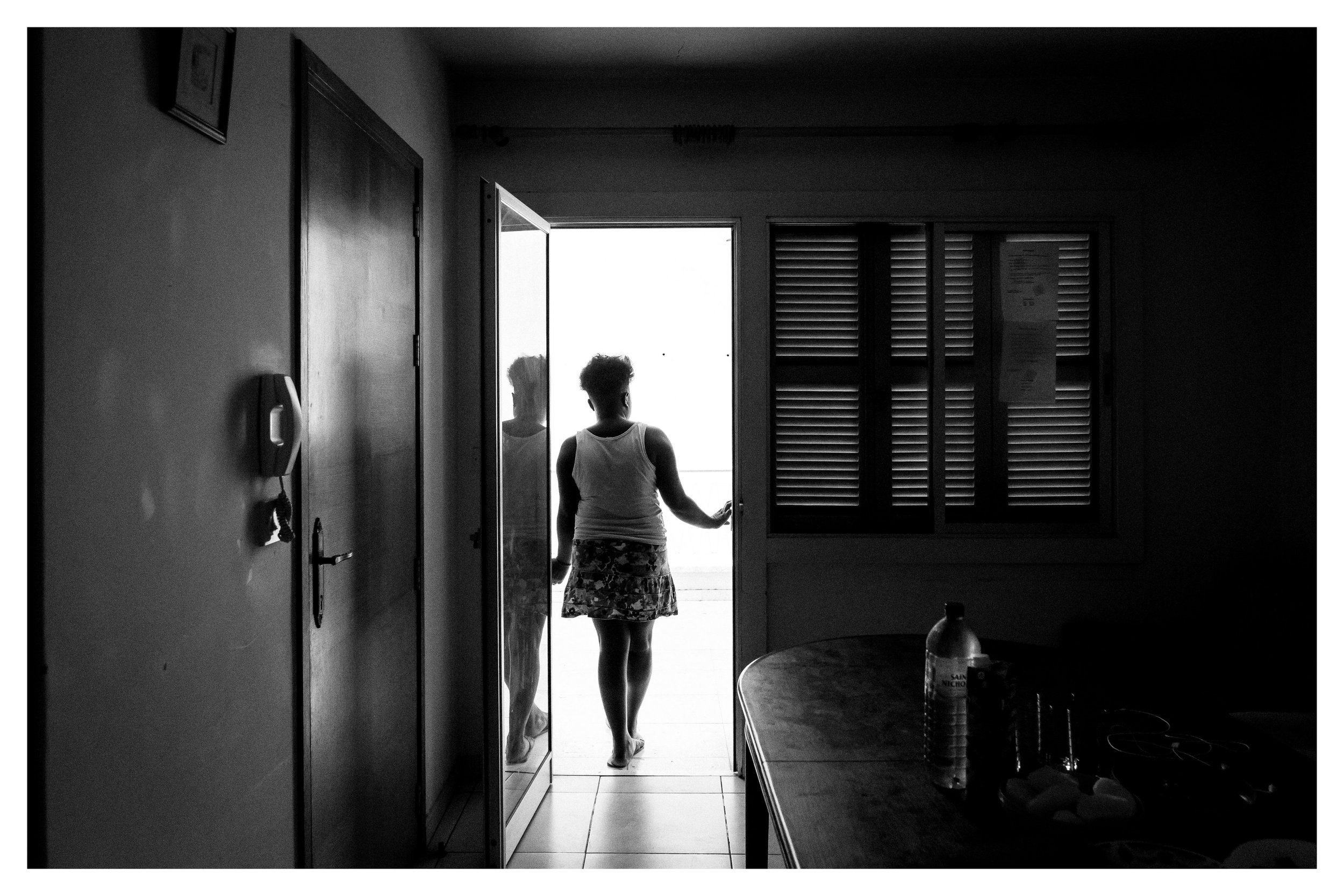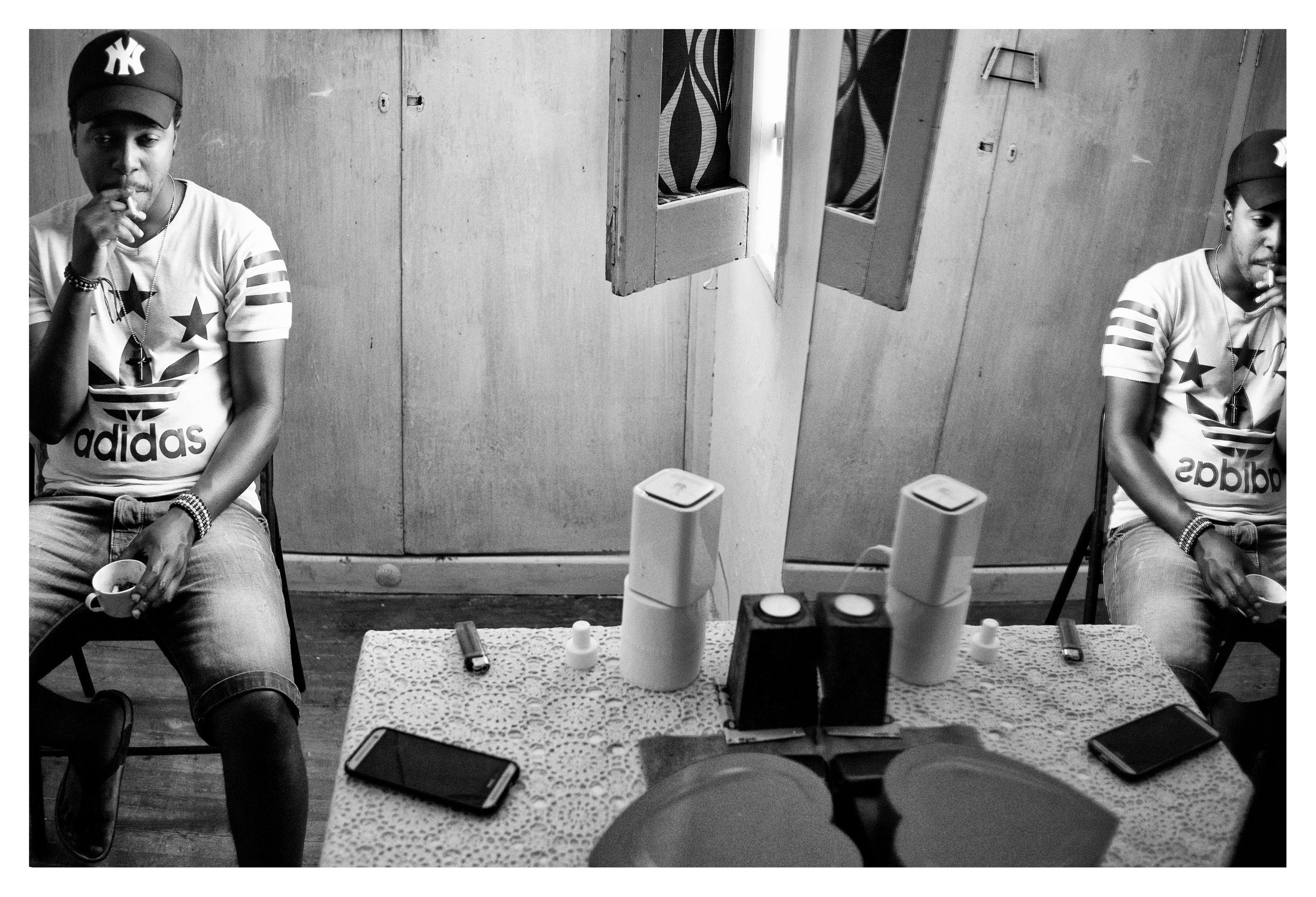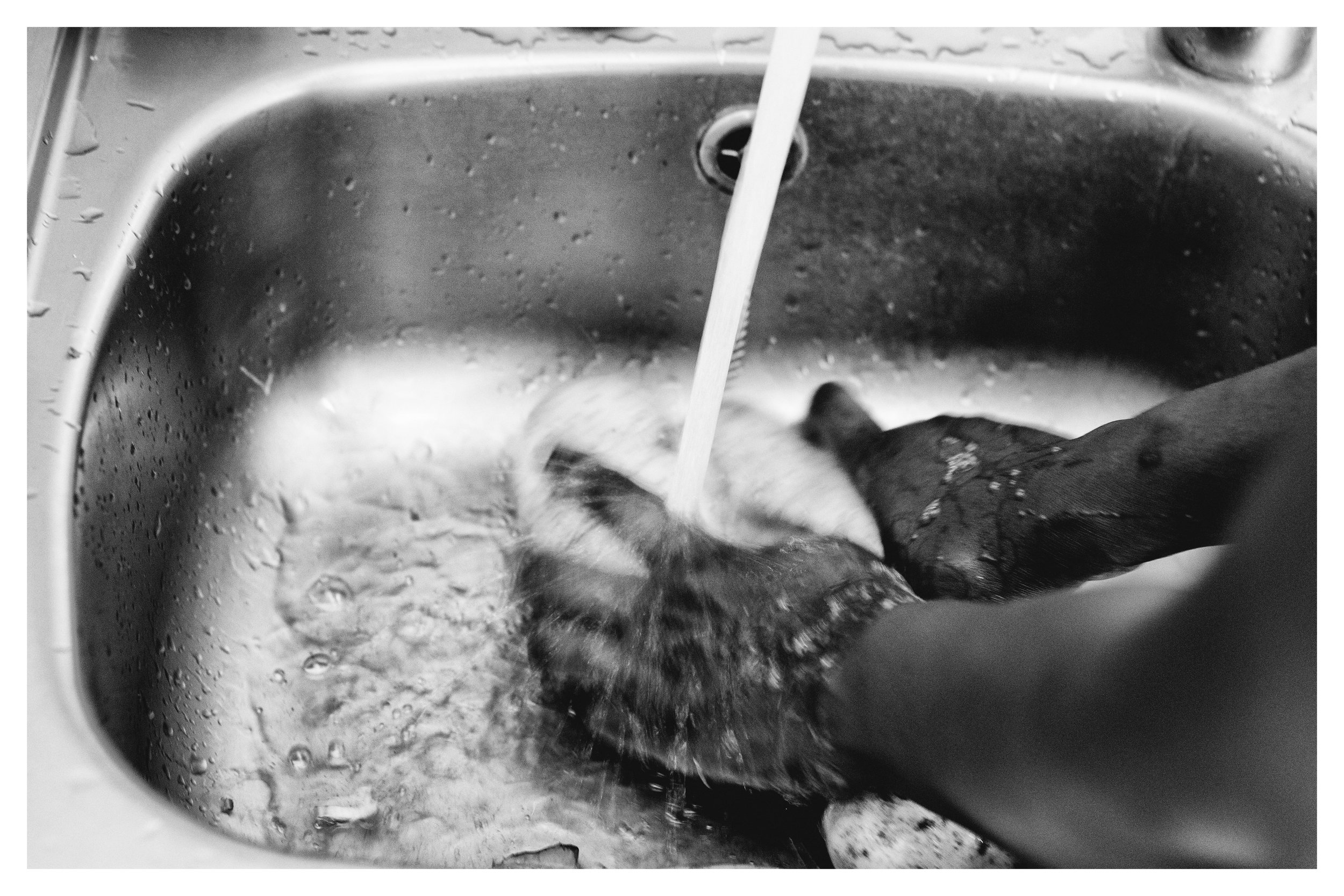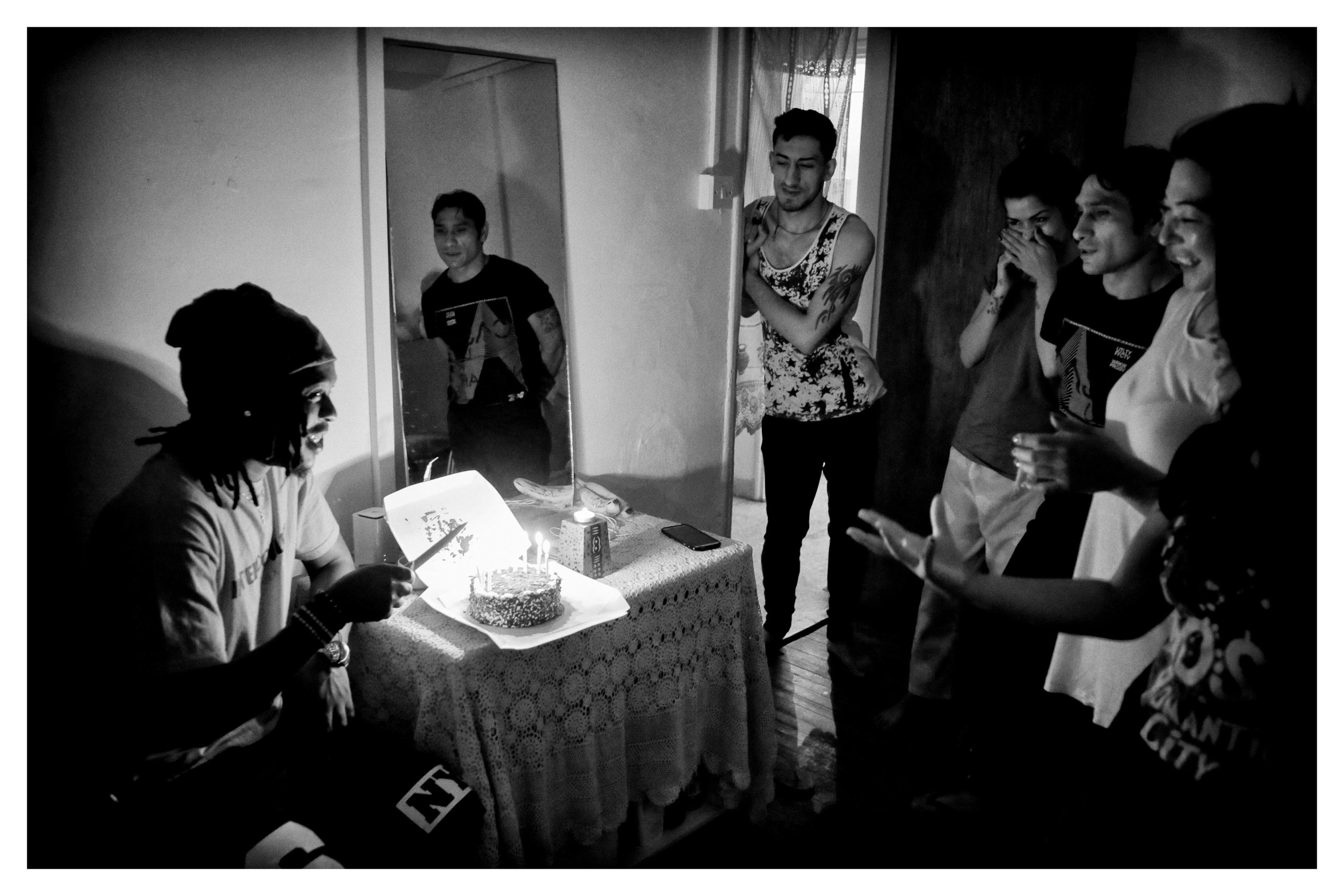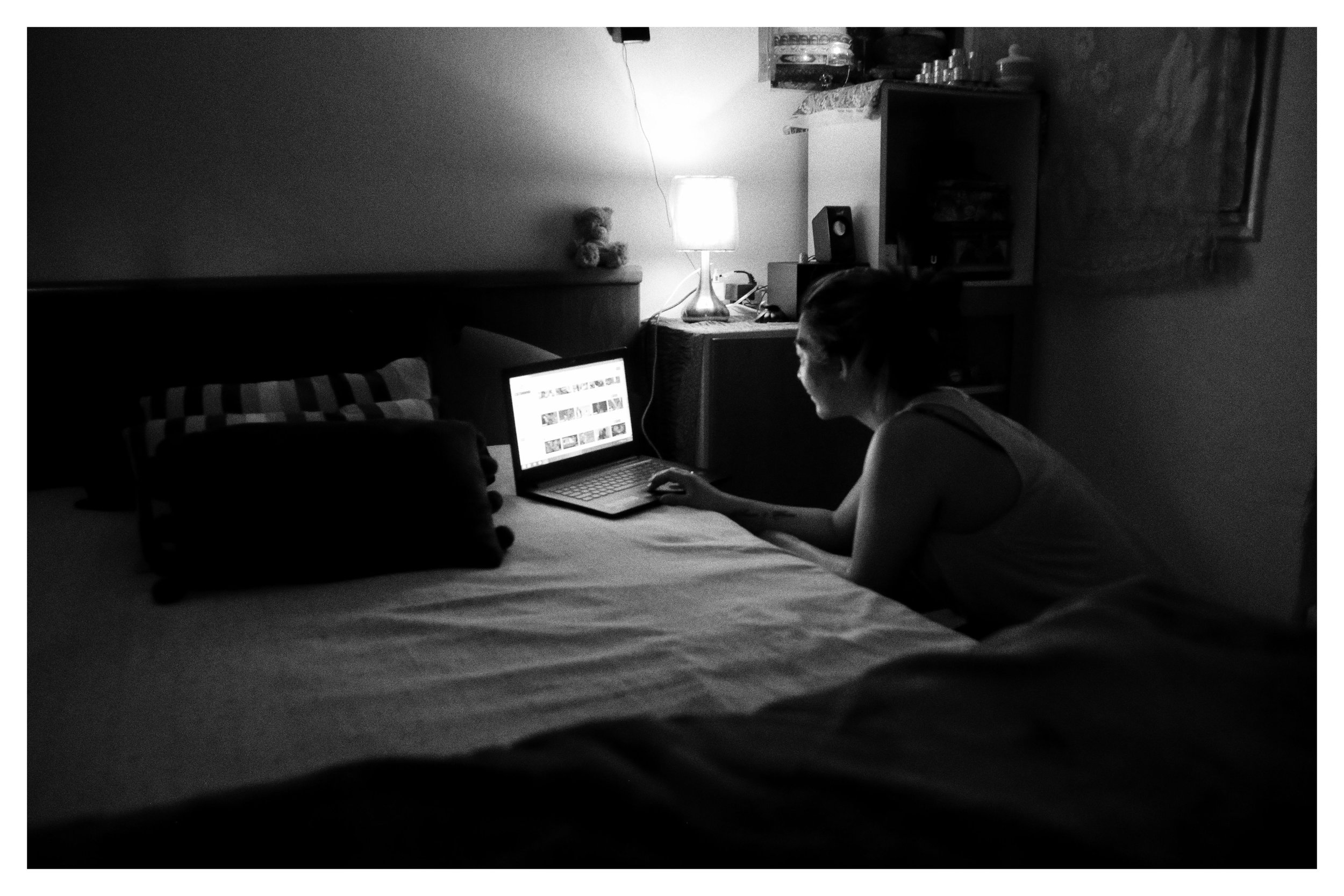HOUSE OF CARDS: REBUILDING
While 2008 made us aware of the housing crisis, with the improvements in the economy the assumption is that the crisis is over. The reality is, people are still challenging loss of home. Watch the short films we produced for the exhibition.
Watch the House of Cards:rebuilding trailer.
House of Cards: Rebuilding is the first presentation of a work-in-progress exhibition featuring the personal stories of community members who have struggled to save their homes. The narratives included confront loss of home through eviction, foreclosure, forced displacement and other threats to our human right to housing. Through photographs, short films, and research, this new work allows us to learn how our neighbors are dealing with these issues and meet the organizations they are working with to confront this challenge. House of Cards: Rebuilding Chicago’s exhibition was generously supported in part by the Pierce Family Foundation and Peter Kupferberg. Presented in partnership with the National Low Income Housing Coalition.
Commissioned and produced by Art Works Projects
Directed, cinematography and editing: Maren Wickwire
Interviews: Roberta Feldman
Photographs : Jon Lowenstein
Watch the Series of 8 short films:
Teresa and her family moved into a newly painted rental house in a neighborhood that provided her grandchildren with safety and good schools. When the winter began, the furnace and sump pump failed, the water pipes broke, and mold and structural damage appeared. Her landlord, angry that Teresa used her rent money for the repairs, issued an eviction notice. The Lawyer’s Committee for Better Housing represented Teresa in court. While it was declared that she did not owe back rent, she was given 60 days to vacate her home and was forced to leave. After living with her sister, Teresa and her family found a new home.
Eddie & Granddaughter Teica Financial challenges interrupted Eddie’s college education. She and her children were doubled up with family members and faced a range of personal problems. After many difficult years, her mother’s death prompted Eddie to reach out to HOW for supportive services and housing assistance. She subsequently earned her bachelors degree in healthcare administration and is now beginning to search for employment.
Jackie - Jackie could not work because of her serious illnesses, and her husband lost his job because he was frequently forced to take time off in order to care for the family. When their money ran out, the couple had to split up and live with separate relatives. In time, Jackie and her oldest daughter were living on the street. Eventually her in-laws provided them with a single room, which the entire family shared for several years. Jackie recently began working with La Casa Norte to secure an apartment for her family.
When Phyllis was forced to take a lower-paying job after working 32 years as a respiratory therapist, her home, bought with an inheritance from her husband, went into foreclosure. Through a radio advertisement, she found a lawyer who did little more than take her fees, and she was left with no options other than declaring bankruptcy. However, by working with the Northwest Side Housing Center, she was able to arrange for a mortgage modification.
Hilda and Carlos lost their jobs in 2008. Since then, available work opportunities have paid considerably less than their previous salaries, making it impossible for them to meet their original mortgage payments. They applied for a modification, but their application was denied a year later. They became deeply involved with the Northwest Side Housing Center, and after two years were able to secure a mortgage modification and stay in their home.
Nancy and Ernie, both long-established working actors, lost nearly all of their sources of employment beginning in 2007. They continued to pay their mortgage with savings for some time, and later credit cards. When they applied for a mortgage modification they were denied. Ultimately, after declaring bankruptcy and working with the Northwest Side Housing Center for over a year, they were able to secure the modification and stay in their home.
Mrs. Williams was the victim of a reverse mortgage scam that promised free home improvements. Like many seniors who become confused about how to pay their home insurance, Mrs. Williams found herself in foreclosure. Reverend Hood, her nephew, is helping her fight the scam and raising local and national awareness of the extent of this outrage.
Matthew lived in an apartment in a building that went into foreclosure. Though he followed the process required to receive a new lease or monies to move, he received a ninety-day eviction notice. The Lawyer’s Committee for Better Housing negotiated a new lease for him and his fiancée Jasmine.



